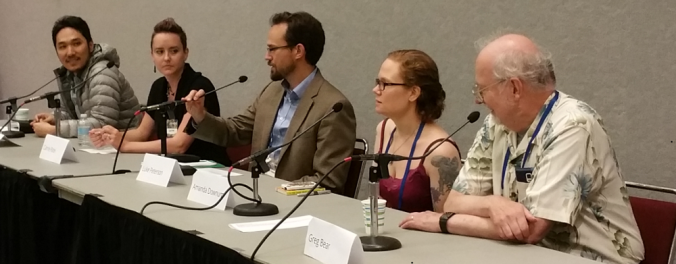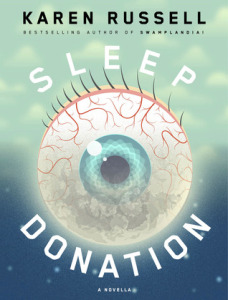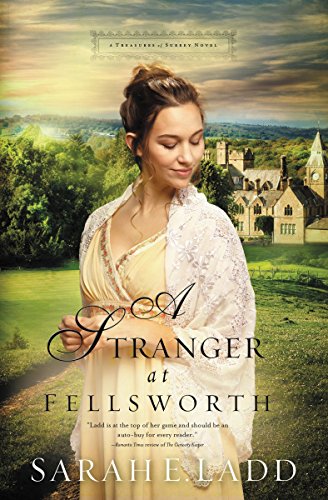Disclaimer: I am not perfect and neither are my notes. If you notice anything that requires clarification or correction, please email me at melanie (dot) marttila (at) gmail (dot) com and I will fix things post-hasty.
Panellists: Peter Tieryas, Carrie Patel, Luke Peterson (moderator), Amanda Downum, Greg Bear

Joined in progress …
GB: Edgar Rice Burroughs was the first worldbuilder. He delved into culture and economics. Read Olaf Stapledon’s Star Maker.
LP: Where do you start?
AD: Use the character as the starting point. Develop the city, country, and world around them. Move outward to weather and so forth.
CP: Ask, what does the society value most and what does it fear the most?
PT: If you see a movie with a good story but bad effects, it’s ok. A movie with good effects but a bad story is just bad.
GB: I work from the top down. Sometimes a complete vision of the world will take years to form.
LP: How much do you need to know?
GB: I’m an English major.
CP: You don’t need to tell your readers everything. What’s important to the story you’re telling?
AD: Have a friend ask random questions and build your world or research based on that.
PT: sometimes the best research is done by people who have no expertise.
AD: Find someone who doesn’t read your genre. That’s the acid test.
LP: How do you set your limits? When do you stop?
AD: It’s hard to tell. When you’re drafting, it’s okay to leave some things undefined for later. Get the bones of the story down first.
CP: You might have to dive back in, mid-draft, if you write yourself into a situation only worldbuilding can get you out of.
PT: Hitler exempted artists, and later scientists, from war. It was dark material I had to research for my book. I didn’t want to continue, but I needed to get a grip on the story.
CP: Does the research or detail of the world tell the reader something about the character or the plot? If not, it shouldn’t be in there.
And that was time.
Next week, we move from worldbuilding to alienbuilding





